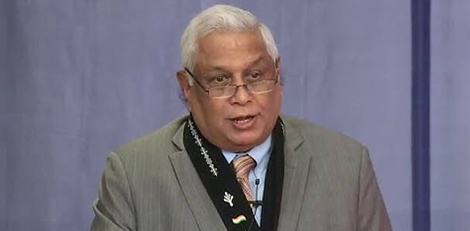Threatening climate changes - Sever draught or severe cyclone to hit
Posted on: 30/Nov/2015 3:35:24 PM

In the recent times, the erratic climate changes are causing major problems to the planet. Officials from across the world will gather in Paris, France today and try to hammer out a deal to tackle global warming.
The planet`s climate has constantly been changing over geological time. The global average temperature today is about 15C, though geological evidence suggests it has been much higher and lower in the past.
However, the current period of warming is occurring more rapidly than many past events. Scientists are concerned that the natural fluctuation, or variability, is being overtaken by a rapid human-induced warming that has serious implications for the stability of the planet`s climate.
The changes could drive freshwater shortages, bring sweeping changes in food production conditions, and increase the number of deaths from floods, storms, heat waves and droughts. This is because climate change is expected to increase the frequency of extreme weather events - though linking any single event to global warming is complicated.
Scientists forecast more rainfall overall, but say the risk of drought in inland areas during hot summers will increase. More flooding is expected from storms and rising sea levels. There are, however, likely to be very strong regional variations in these patterns.
Diseases will increase and there will be more deaths. The statistics show that there are more deaths due to temperature changes during the last few years. World Health Organization (WHO) has warned that the health of millions could be threatened by increases in malaria, water-borne disease and malnutrition.
Above all due to global warming, the snow in the polar regions will melt and because of this the sea level will rise. People living in small islands and coastal areas will have to migrate to other places.








